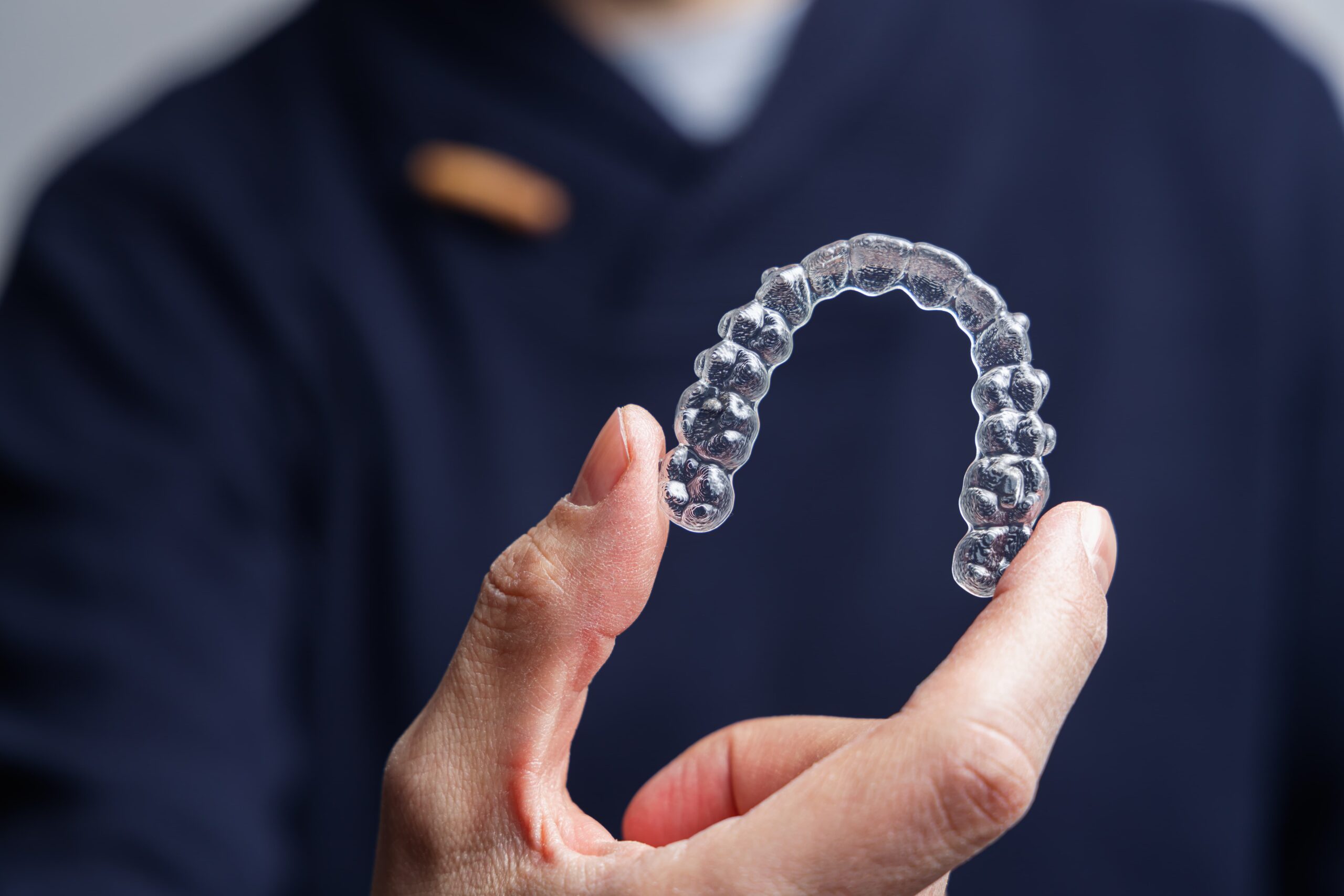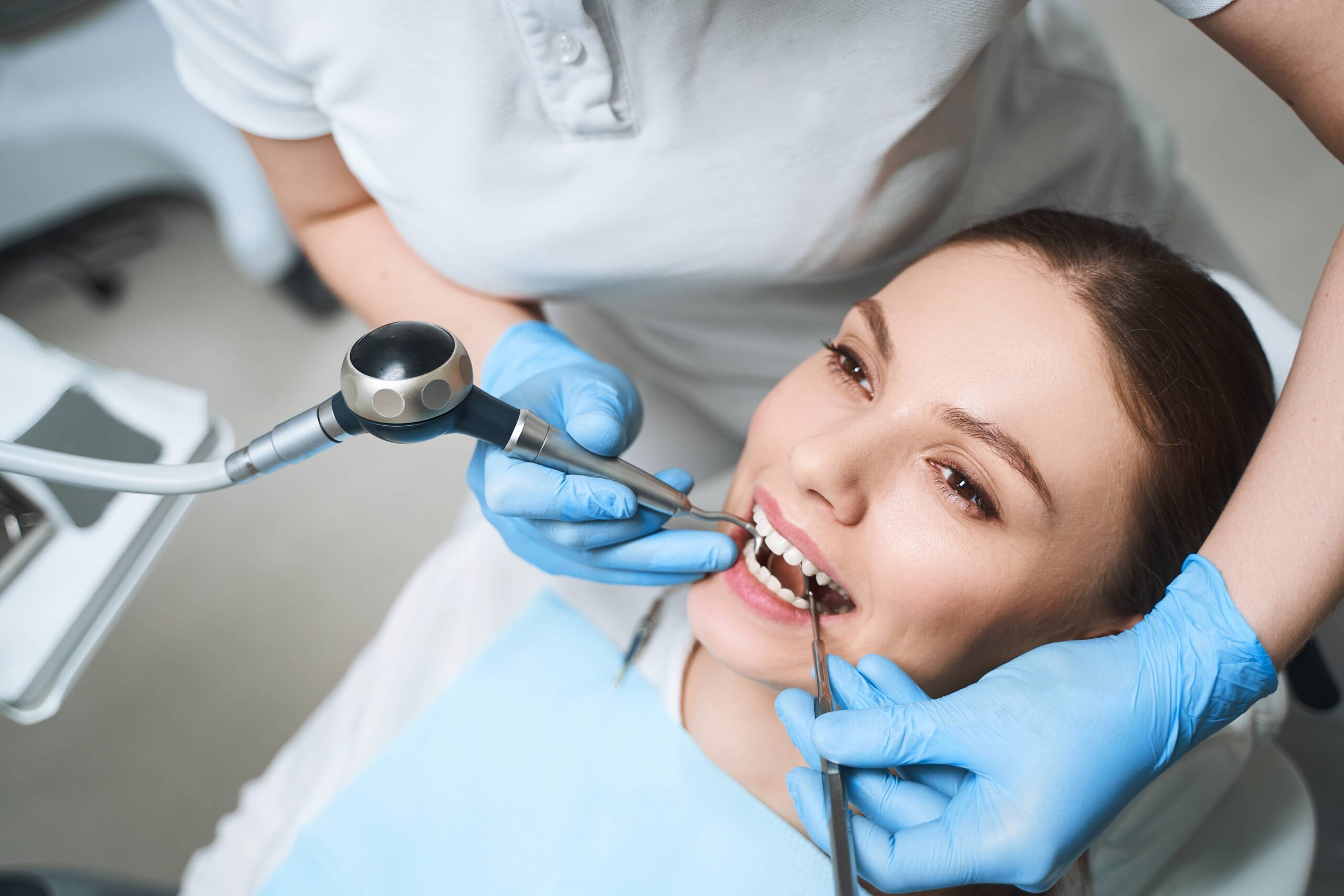Dental Anxiety: How to Overcome Your Fear of the Dentist
Dental anxiety affects approximately 36% of the population, with an additional 12% experiencing extreme dental fear. It can stem from a variety of sources, including traumatic experiences, vicarious learning from others, and even inherited personality traits. Unfortunately, when it results in dental avoidance, it can lead to poor oral health and potentially necessitate the need for extensive treatments, which induce even more anxiety.
What’s more, poor oral health is closely linked to lower life satisfaction and well-being. Studies indicate that 73% of individuals with high dental anxiety feel their oral health negatively affects their overall life quality. Thankfully, by understanding and addressing your fears, you can take proactive steps toward a healthier and more positive dental experience.
Understanding Dental Anxiety
Dental anxiety, often referred to as dental fear or phobia, encompasses a range of emotional responses that can make the prospect of visiting the dentist a daunting experience. This anxiety can manifest in various ways, from mild unease to severe fear that can make people neglect their oral health.
Several factors can contribute to dental anxiety, and identifying these triggers is the first step toward managing them effectively:
- Pain: The anticipation of pain or discomfort is a significant source of anxiety for many. Past experiences with painful procedures can leave lasting impressions, making future visits seem intimidating.
- Sounds: The sounds associated with dental equipment, such as the whirring of drills or the high-pitched noises of ultrasonic cleaners, can be distressing. These sounds can create a sense of dread even before the appointment begins.
- Previous Negative Experiences: Previous traumatic or unpleasant dental experiences can lead to heightened anxiety. Whether it was a painful procedure or a lack of communication from the dentist, these experiences can deeply impact how one feels about future visits.
- Loss of Control: Some individuals feel anxious about the loss of control that comes with lying in the dental chair, especially when they are unable to see what is happening during the procedure.
Fortunately, understanding the source of your dental anxiety can significantly aid in managing and overcoming it. Here are some tips for doing so:
- Identification: By recognizing what specifically triggers your anxiety, you can work on targeted strategies to address these concerns. For instance, if pain is a major trigger, discussing pain management options with your dentist can help alleviate this fear.
- Communication: Openly communicating your fears with your dentist allows them to tailor their approach to your needs. They can provide detailed explanations, offer reassurance, and adjust their techniques to make your experience more comfortable.
- Preparation: Knowing what to expect during a procedure can reduce anxiety. Discussing the steps involved, potential sensations, and the dentist’s plan can help demystify the process and make it less intimidating.
- Gradual Exposure: If possible, starting with less invasive procedures and gradually working up to more complex ones can help build positive associations with dental visits. This gradual approach allows you to become more comfortable over time.
Choosing the Right Dental Practice
Finding the right dental practice is a crucial step in managing dental anxiety. A compassionate dentist who understands and addresses fear can make a significant difference in your overall experience. Look for a practice where the staff is known for their gentle approach and willingness to listen. A compassionate dentist will take the time to explain procedures, address your concerns, and create a reassuring environment, making your visits less stressful.
For those seeking specific services, such as routine dental cleaning in Denver, it’s beneficial to find a practice that offers these services with a focus on patient comfort. A practice that specializes in comprehensive dental care will provide not only the necessary treatments but also a supportive environment that addresses your unique needs.
Utilizing Relaxation Techniques
Incorporating relaxation techniques into your routine can also reduce dental anxiety and improve your overall experience. Examples include:
- Deep Breathing: Deep breathing exercises help calm the nervous system and reduce anxiety. Practice deep, slow breaths to lower your heart rate and alleviate stress before your appointment.
- Visualization: Visualization involves imagining a peaceful, calming scene or focusing on positive outcomes. Picture yourself in a relaxing environment or envision a successful, stress-free dental visit.
- Listening to Calming Music: Bringing along headphones and listening to soothing music can distract you from the sounds of the dental office and help create a sense of calm.
Exploring Sedation Options
For those who have especially severe dental anxiety, sedation dentistry can offer a solution that makes dental visits more manageable. There are several sedation options available, each designed to help you feel more comfortable during dental procedures:
- Nitrous Oxide (Laughing Gas): A mild sedative, nitrous oxide helps you relax while remaining conscious. It’s inhaled through a mask and is effective for managing mild to moderate anxiety and wears off quickly after the procedure.
- Oral Sedation: Oral sedation refers to pills you take before your appointment to help you feel drowsy and relaxed. You’ll be awake but less aware of the procedure, which can be beneficial for those with moderate to severe anxiety.
- IV Sedation: Intravenous (IV) sedation provides a deeper level of sedation, administered through an IV line. This option is suitable for more extensive procedures or for individuals with severe anxiety, as it induces a state of deep relaxation or sleep.
Focusing on the Benefits of Dental Care
Understanding and focusing on the benefits of regular dental care can help shift your attention away from fear and toward the positive outcomes of maintaining good oral health. Regular dental care plays a crucial role in preventing oral health issues, such as cavities, gum disease, and more serious conditions. By maintaining routine check-ups and cleanings, you can avoid more extensive and invasive treatments in the future, ultimately leading to better overall health and fewer emergency visits.
Let Our Compassionate Team Help You Overcome Your Dental Anxiety
Overcoming dental anxiety involves a combination of understanding its sources, utilizing effective relaxation techniques, and finding a dental practice that prioritizes your comfort. If you’re ready to take the next step in overcoming dental anxiety and you’re due for a dental cleaning in Denver, turn to Icon Dental. With a focus on compassionate, patient-centered care, you’ll be in good hands to achieve a healthier, more confident smile. Call (720) 645-2153 to make an appointment.



